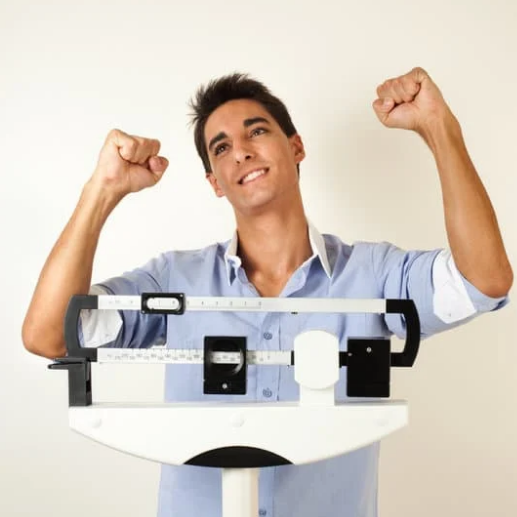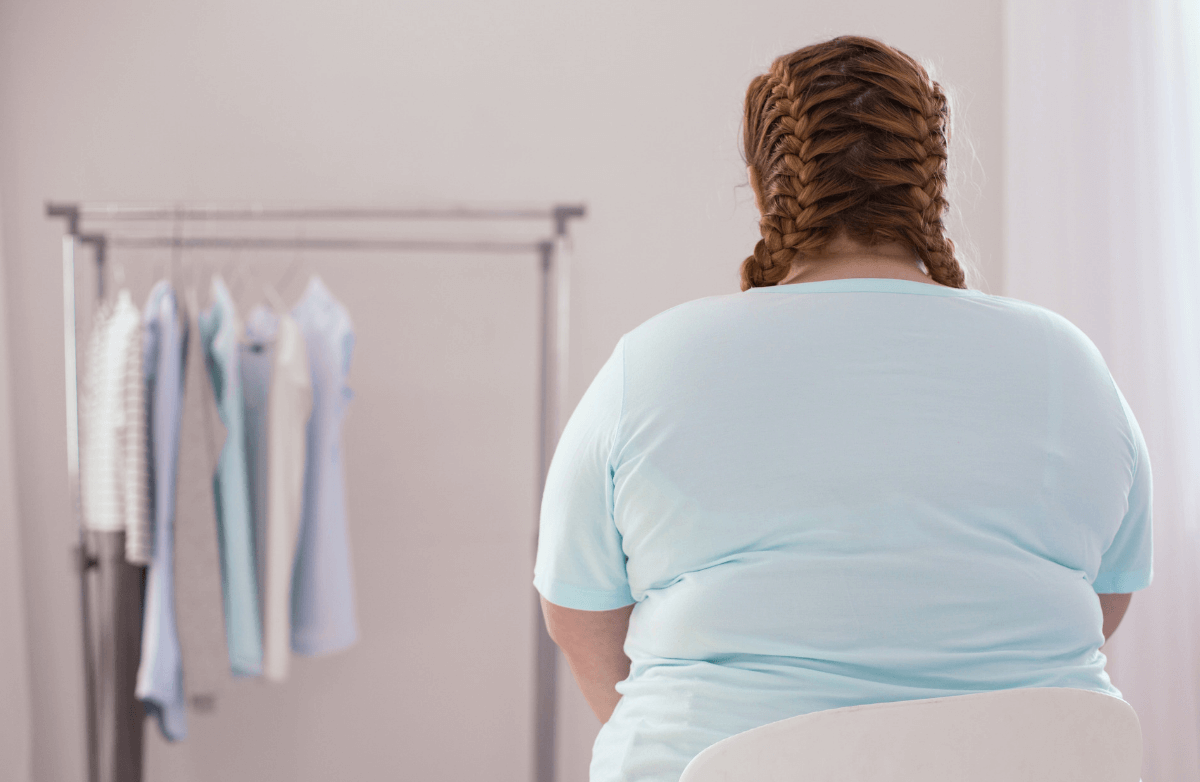
Like anything else worth doing, leading a healthy lifestyle requires a certain time commitment. It means trading fast food for nutritious, mindful meals, and carving out an hour each day to move and strengthen your body. It can seem overwhelming at first, especially when juggling a full-time job, family obligations and household needs. In many cases, staying on the straight and narrow might require sacrificing certain creature comforts, like Netflix sessions or after-work happy hours.
But all of that doesn't mean busy people have to resign themselves to the health risks and confidence-crushers associated with obesity. There are some quick, easy things you can start doing today—possibly this very minute—to start moving toward your weight-loss goals, or to maintain momentum if you've already started down the path to a healthier you.
- De-junk one shelf in your pantry or fridge. Better yet, do this once a week until your kitchen is free of danger zones.
- Move fruit to eye level so you'll be more likely to reach for it.
- Add your next workout to your calendar, whether it's written or on your phone. The visual (or audible) reminder will help keep you accountable.
- Find a motivating mantra and repeat it to yourself as needed throughout the day.
- Put a healthy snack in your car or office each morning as armor against vending machine temptations.
- Take a couple of minutes after every meal to track everything you eat. What you discover will surprise you.
- Ask a friend to work out with you. Not only will it be more fun, you'll be less likely to slack off or bail on your workout altogether.
- Whenever you're tempted to eat an unhealthy sweet, replace it with fruit.
- Use smaller dishes to trick your brain into thinking you're eating larger portions.
- Brush your teeth after eating to cut down on post-meal snacking.
- If you're enjoying a pasta dish, limit the accompanying bread.
- Create a motivating, movement-inducing playlist.
- Stick to low-sodium snacks (140 mg or less per serving). Not only does too much sodium have a bloating effect, it can also increase your chances of high blood pressure and heart disease.
- Take a 30-minute walk in the evening before (or after) dinner.
- Start replacing "I have to" with "I get to." Suddenly, that workout or nutritious meal will seem more like a privilege than an obligation.
- Eat foods with a high water content (like watermelon, grapes, tomatoes, asparagus, strawberries, cucumber, spinach or pineapple) to fill up faster and with fewer calories.
- While eating a meal, check in with yourself every few minutes to make sure you're still hungry. If the answer is no, stop eating, no matter how much is left on your plate.
- Go nuts for snacking. Nuts are a filling snack and a good source of protein and healthy fats.
- Add a five-minute mini strength training session to the end of every cardio workout.
- Add a five-minute mini cardio session to the end of every strength training workout.
- Eat your fruits whole instead of drinking them in juice form. You'll fill up more and ditch the liquid calories.
- Goodbye, soda and juice. Hello, water and tea.
- Never eat on the couch (or in front of the television).
- Try sugar-free chewing gum as a snacking diversion (or, better yet, a glass of cucumber water).
- If you're having a pasta dish, swap out one cup of the pasta for veggies.
- Weigh yourself frequently enough so you can stay ahead of any extra pounds that creep back on—but not so often that it becomes an obsession or the only way you're gauging your progress.
- Go to sleep an hour earlier (or turn in 30 minutes early and sleep 30 minutes later). Well-rested folks are more successful at shedding pounds than those who are sleep-deprived.
- Schedule a (small) daily sweet tooth indulgence. You'll be less likely to go off the rails when you know that treat is coming.
- Increase your intake of crunchy and chewy foods, like apples, carrots and nuts. They take longer to eat, which means you'll consume less and reap greater satisfaction. Plus, the high fiber content requires more energy to digest, which burns more calories.
- Know what goes into your salads. Unhealthy toppings and dressings can easily turn a seemingly healthy meal into a calorie trap.
- Eat before you're starving.
- Invest in good athletic shoes. You just might be surprised by how much motivation they provide.
- Become a snack snob. Don't settle for processed munchies packed with added sugar and empty calories. Instead, switch to whole, "real" foods that nourish and fuel your body.
- Include some protein, fiber and healthy fats with every meal.
- Wear form-fitting and less forgiving clothing; it's a lot easier to overeat in yoga pants.
- Stop eating lunch at your desk. You'll be more likely to eat too much when you're multitasking, and will be less likely to squeeze in a brief burst of mid-day movement.
- Have a healthy snack before heading to an event where a surplus of food will be served.
- Plate your food before sitting down at the table, and don't keep the extras where you can easily reach for seconds.
- Goodbye, elevators and escalators. Hello, stairs.
- When indulging in alcohol, downsize your glass to cut down on the amount of calories consumed.
- Sprinkle cayenne pepper or other spicy seasonings on foods to aid in fat burning (along with other benefits).
- Learn to decipher food labels, then consult them when grocery shopping.
- Instead of trying to ignore your cravings, find smarter ways to indulge them.
- Stop doing that workout you hate and replace it with another activity you enjoy. Suddenly, exercise will become a whole lot more tolerable (and maybe even fun!).
- Don't visit the fridge after dinner (unless it's to grab water or a piece of fruit).
- Avoid fad diets like the plague. Don't mistake short-term results for long-term success.
- Never sit for longer than an hour without getting up and moving.
- Eat slowly and chew your food thoroughly, so that your body has more time to register fullness.
- Stop sprinkling extra salt on your food. Chances are you won't miss it (much), and your body will benefit.
- Jog to and from activities such as getting the mail, grabbing the paper, taking the trash out or any other quick trips—they'll start to really add up!













